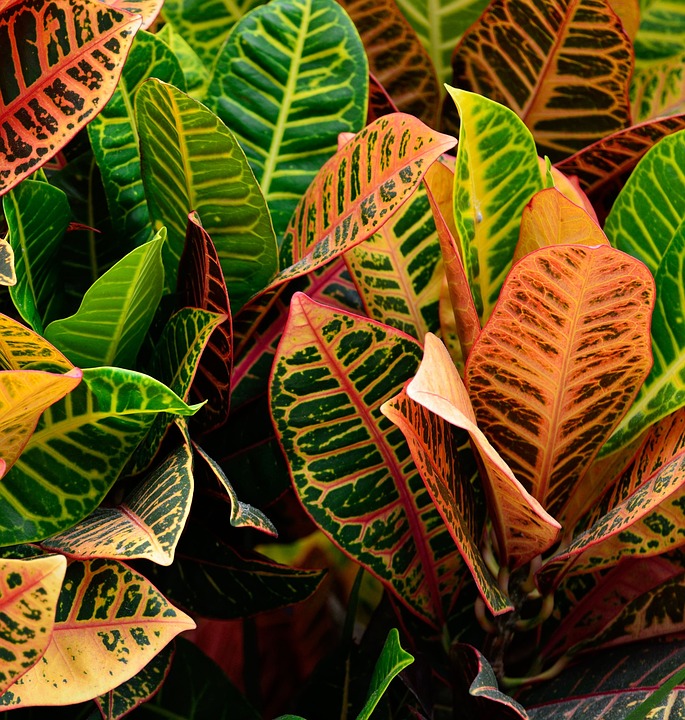Stay Safe and Have Fun: Essential Outdoor Barbecue Safety Guidelines
Introduction
Barbecues are a popular way to enjoy the great outdoors and bond with friends and family. However, it’s important to be aware of potential safety hazards that can arise during these gatherings. By following essential outdoor barbecue safety guidelines, you can ensure a safe and enjoyable experience for everyone involved.
Proper Grill Placement
It’s crucial to set up your grill in a safe location to prevent accidents. Place your barbecue in a well-ventilated area, away from any flammable materials such as trees, decks, or overhanging structures. Ensure that it is on a stable and level surface, mitigating the risk of tipping over.
Fire Safety
When dealing with open flames, fire safety should be a top priority. Keep a fire extinguisher or a bucket of sand nearby in case of emergencies. Never leave the grill unattended, especially when children or pets are present. Additionally, make sure to properly dispose of hot coals or ashes in a metal container, as they can remain hot for several hours.
Food Handling and Preparation
Ensuring proper food handling and preparation is vital to prevent foodborne illnesses. Wash your hands thoroughly before and after handling raw meat. Use separate cutting boards and utensils for raw and cooked foods to avoid cross-contamination. Always cook meat to the recommended internal temperatures, using a meat thermometer to ensure proper cooking. Never serve undercooked meat to guests.
Proper Clothing and Safety Equipment
Wearing appropriate clothing and using safety equipment can help prevent injuries. Avoid loose clothing that may easily catch fire or get caught in the grill. Use long-handled tongs and spatulas to handle food, keeping your hands safe from direct contact with the flames. Protective oven mitts are essential for handling hot utensils, grates, or pans.
Weather Conditions
Be aware of the weather conditions before starting your barbecue. If it’s windy, you should take extra precautions to prevent flames from getting out of control. Rain can cause slippery surfaces, so be cautious when moving around the grill area. Avoid setting up your barbecue under umbrellas or canopies, as these can pose fire hazards.
Cleanup and Maintenance
After your barbecue, it’s important to clean up and properly maintain your grill. Regularly inspect the propane tank, hoses, and connections for any signs of damage or leaks. Remove grease buildup from the grates and other parts of the grill to prevent flare-ups during future use. Dispose of leftover charcoal or ashes safely, and store your grill in a dry, covered area when not in use.
FAQs
Q1: How often should I clean my grill?
A1: It is recommended to clean your grill thoroughly after each use to remove grease and food residue, preventing the buildup of potential fire hazards.
Q2: Can I use my barbecue grill on a balcony or terrace?
A2: It depends on local regulations and the specific guidelines provided by your building management. Some places restrict the use of open flames in certain areas for safety reasons. Verify the rules before using your grill in these spaces.
Q3: Should I keep a safe distance between the grill and my guests?
A3: Yes, it is advisable to keep a safe distance of at least 10 feet between the grill and your guests. This prevents accidental contact with hot surfaces and reduces the risk of burns.
Q4: Are there any alternatives to using charcoal or propane grills?
A4: Yes, there are various options available such as electric grills or natural gas grills. They provide alternatives to traditional charcoal or propane grills and may be a better fit for your specific needs or location.




